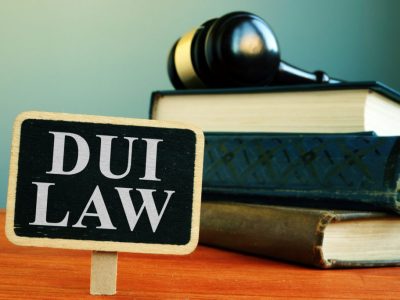Estate planning refers to the act of deciding what will happen to your assets when you die. It includes creating legal documents like a will, trust, power of attorney, and healthcare directives. A trust details how you want your property distributed after your death. It also allows you to name an executor who will oversee the probate process and carry out your wishes. Trusts are another common estate planning tool that helps minimize estate taxes and avoid the time-consuming probate process.
In addition to the distribution of assets, estate planning also involves choosing guardians for minor children and naming a healthcare power of attorney to make medical decisions if you become incapacitated. The goal is to provide clear legal guidance on your wishes, so your estate is settled according to your desires. It helps avoid family disputes down the line.
Role of family lawyers
While estate planning focuses on end-of-life planning, family lawyers help with legal issues that impact you and your family right now. Some common reasons to work with a family law attorney include.
- Divorce – They help with divorce mediation, file paperwork, and represent you in divorce court. It includes dividing marital assets and debts.
- Child Custody – Family lawyers represent parents during the custody process, advise on different custody arrangements, and help create parenting plans.
- Prenuptial Agreements – They draft and review prenups that outline how assets will be distributed in case of divorce. It clarifies expectations ahead of marriage.
- Adoption – They handle private, agency, and stepparent adoptions including advising on different types of adoption and the rights of birth parents.
Having a family lawyer helps you understand your rights and obligations during major life changes like marriage, separation, divorce, and adding to your family.
Working together for comprehensive planning
Estate planning and family lawyers serve complementary roles. Estate planning provides for your family’s future when you die, while family lawyers help your family today during life changes.
- Asset division in divorce – Your family lawyer helps divide assets during divorce proceedings, while your estate planning lawyer helps plan how those assets will pass when you die.
- Child guardianship – Estate planning names a guardian for minor children, while family lawyers Sydney advise on different guardianship and custody arrangements.
- Updating documents – Major life events may require updates to your estate plan. Your family lawyer communicates any changes to your estate planning attorney, who modifies documents accordingly.
- Inheritance concerns – Family lawyers help resolve disputes between siblings or beneficiaries over inheritance, while estate lawyers work to minimize potential disputes.
- Blended families – With remarriage, family lawyers work on prenups and postnups to protect children from prior relationships, while estate planning coordinates inheritance for all children.
Having a family lawyer and an estate planning lawyer allows you to take a coordinated approach to legal and financial arrangements concerning your relationships, assets, and wishes for the future. This comprehensive perspective helps avoid overlooked issues and conflicts for smoother proceedings.












Comments